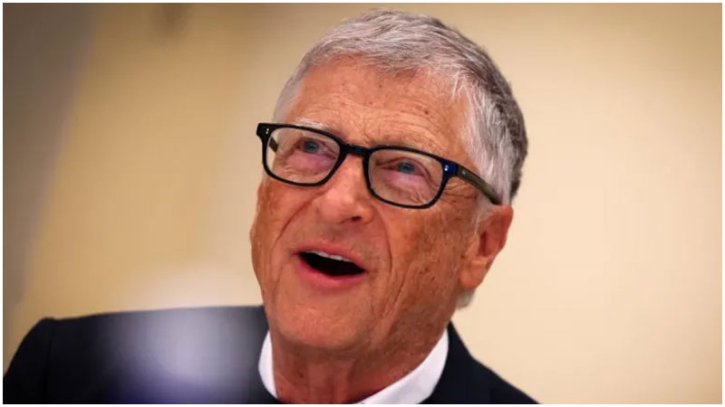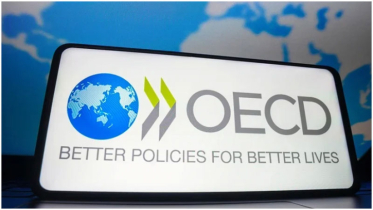Bill Gates to donate majority of $200bn fortune to Africa

Microsoft co-founder Bill Gates has announced that he will donate the vast majority of his $200 billion fortune over the next two decades, with most of the funds targeted at improving health and education systems across Africa.
Speaking at the African Union headquarters in Addis Ababa, Ethiopia, the 69-year-old philanthropist emphasized that investing in people—particularly through healthcare and education—was the key to unlocking Africa’s long-term prosperity.
“By unleashing human potential through health and education, every country in Africa should be on a path to prosperity,” Gates said. “The majority of my wealth will be spent helping you address challenges here in Africa.”
Gates’ commitment is part of a broader pledge he made last month to give away 99% of his wealth by 2045, at which point the Bill & Melinda Gates Foundation will wind down its operations.
Mozambique’s former First Lady, Graça Machel, welcomed the announcement, calling it timely amid rising concerns over cuts in foreign aid. “We are counting on Mr. Gates’ steadfast commitment to continue walking this path of transformation alongside us,” she said.
The U.S. has recently reduced aid to Africa, including funding for HIV/AIDS programs, under President Donald Trump’s “America First” policy—raising alarm over the sustainability of vital healthcare services across the continent.
Gates said his foundation would focus on strengthening primary healthcare systems, particularly maternal and child health. “Helping the mother be healthy and have great nutrition before and during pregnancy delivers the strongest results,” he noted. “Ensuring the child receives proper nutrition in their first four years makes all the difference.”
He also encouraged Africa’s young innovators to embrace artificial intelligence as a tool to improve healthcare delivery, just as mobile phones revolutionized banking on the continent. “Africa largely skipped traditional banking, and now you have a chance to build your next-generation healthcare systems with AI at their core,” he said.
He highlighted Rwanda’s use of AI-enabled ultrasound technology to detect high-risk pregnancies as an example of how advanced tech can enhance services in resource-limited settings.
The Gates Foundation outlined three core priorities for the next 20 years: ending preventable maternal and child deaths, eradicating deadly infectious diseases, and lifting millions of people out of poverty.
In a recent blog post, Gates reiterated his intent to accelerate his philanthropic giving: “People will say a lot of things about me when I die, but I am determined that ‘he died rich’ will not be one of them.”
Despite giving away nearly all his wealth, Gates is still expected to remain a billionaire, according to Bloomberg, and currently ranks among the world’s wealthiest individuals.
Gates, who co-founded Microsoft with Paul Allen in 1975, stepped down as CEO in 2000 and later as chairman in 2014. Inspired by fellow philanthropists like Warren Buffett, Gates has long championed the idea of using wealth to address global challenges.
However, critics argue that the Gates Foundation holds excessive influence over global health policy and that it benefits from tax advantages due to its charitable status.
Nonetheless, Gates’ latest announcement reaffirms his intent to leave a lasting impact—particularly on a continent he sees as central to the future of global development.
.png)




